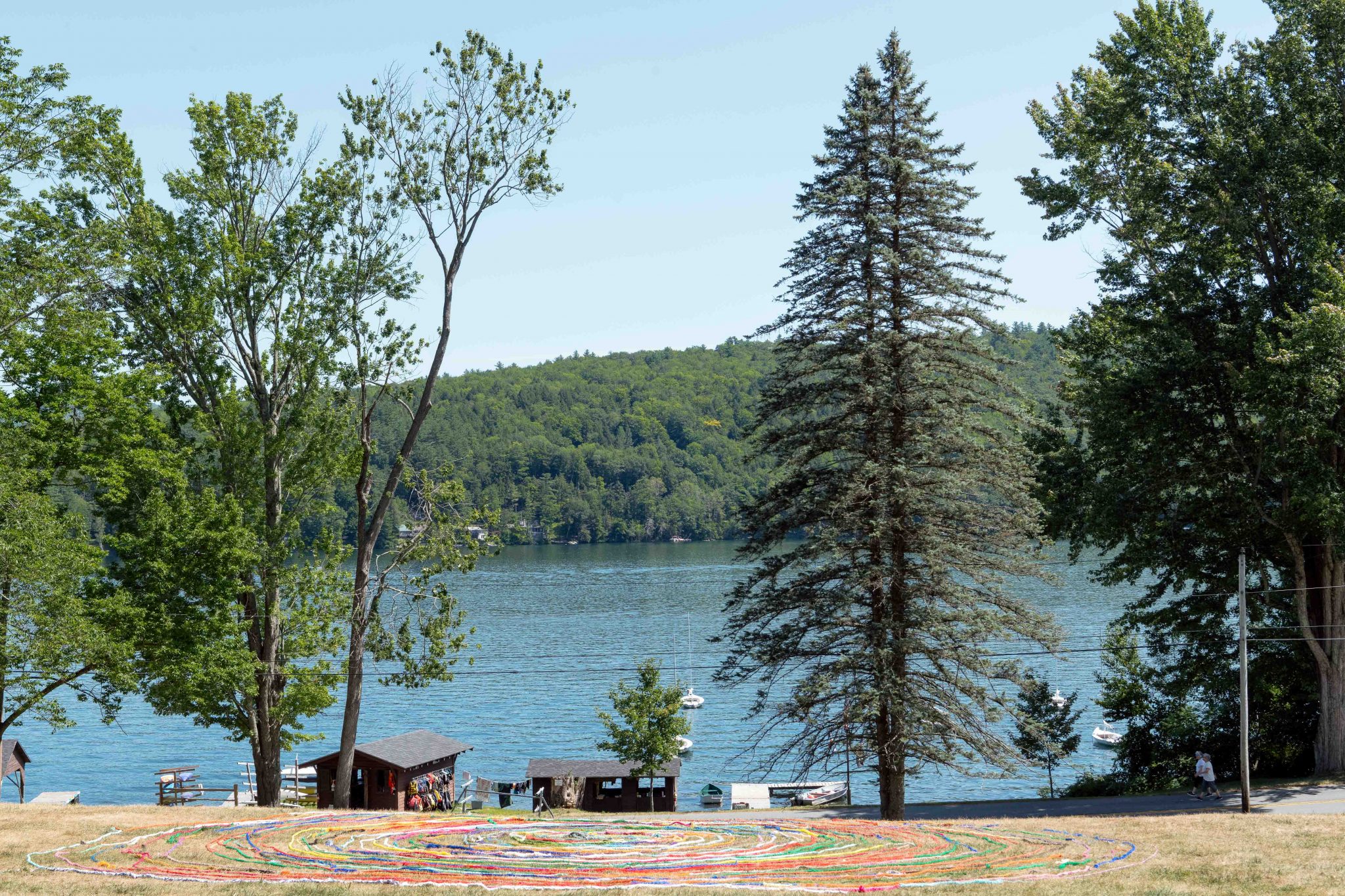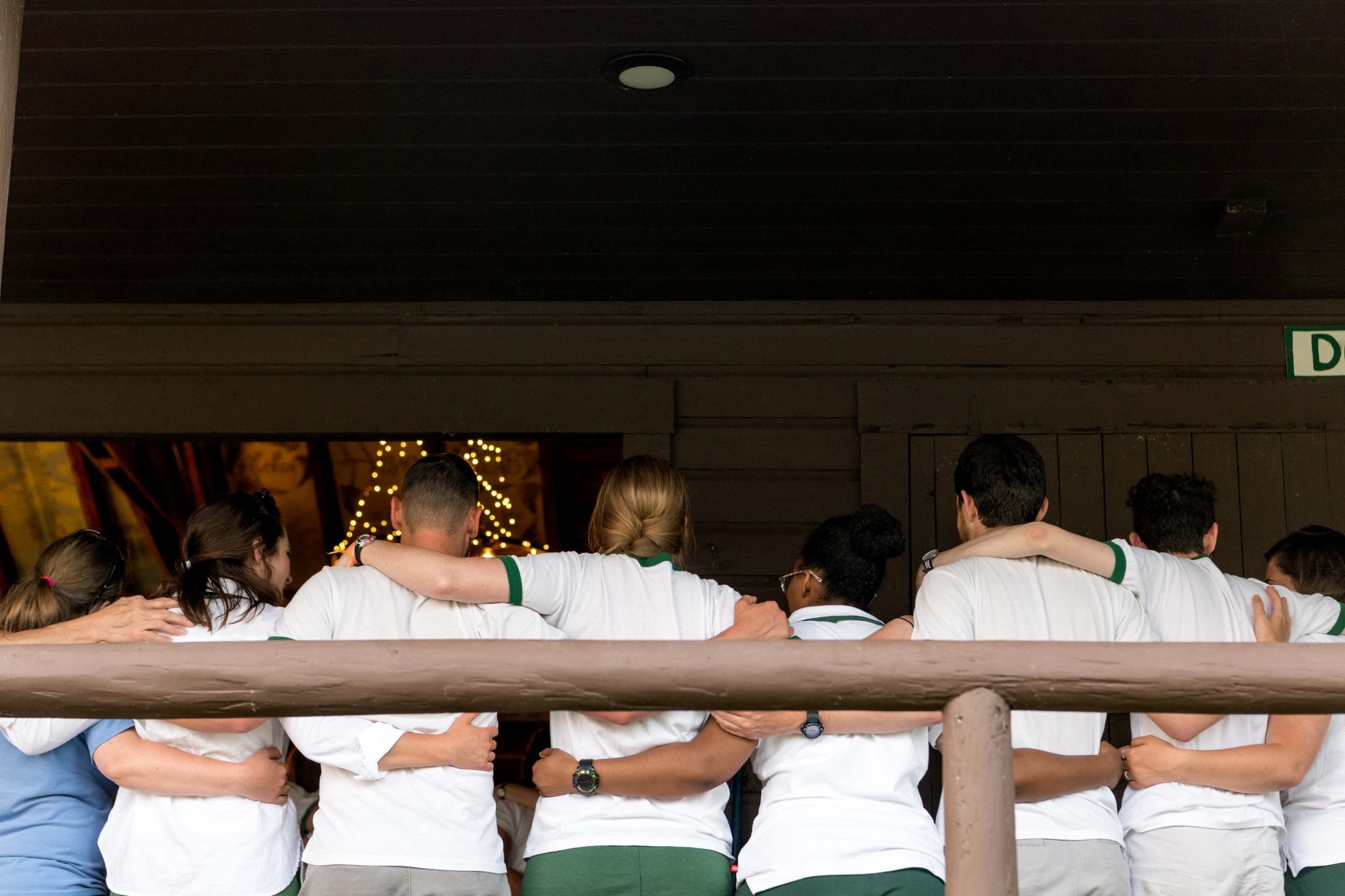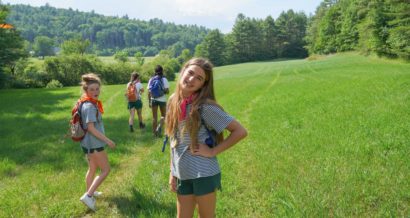 Article
Article

How Do You Know if Your Child Is Ready for Overnight Camp?
Deciding to send your child to a residential sleepaway camp is a very big decision. We take our role and responsibility as caregivers incredibly seriously, as we work to provide the care, love, and support that we hope leads to a transformational experience of growth.
In everything we do, we aspire to create joy. We bring energy and enthusiasm to relationships and events, and we strive to remain positive and intentional, even in difficult situations. We are eager to work in partnership with your family, and as part of that we want to help you decide if your child is ready for the summer camp experience. The more information we have about your camper’s interests, challenges, and background, the better we can support their experience and give you feedback on readiness and timing.
Below are some things to consider when deciding if overnight camp is right for your child at this time:
Emotional Readiness
Our counselors receive training in a number of different approaches to relationship management, decision-making, and conflict resolution. That said, our camps are not equipped to provide full support in mental health counseling or clinical issues, so if your child has been receiving those supports at home and is accustomed to that level of care, they might not yet be ready for the independence of camp. Campers should be prepared mentally and emotionally to participate fully in camp.
Age
We view this camp experience as a long-term relationship. We offer age-appropriate support at every level, believing strongly in the power of mixed-age ranges at our camps. Because we want the experience to be impactful, we acknowledge that sometimes it is better to wait a year to enroll a camper rather than push them when they are not ready. We want to help ensure that the child is arriving on our property able to have the best summer experience ever.
Challenge and Conflict
At camp, we are invited to challenge ourselves by facing and working through difficult situations. Campers experience this by navigating small conflicts with their tent mates, trying a new activity for the first time, or learning to collaborate and compromise. We see these as moments of growth and a way of developing strength and resilience.
Community living, specifically living in close quarters with a few other campers, can be challenging. With a focus on shared space and less privacy than most are accustomed to, this can feel new for some children. While we teach conflict-resolution techniques—working with campers individually—some campers may not be completely ready for true “community living.” When these difficult situations arise, we must consider the summer experiences of the other campers in the tent/cabin/shack while also trying to resolve the conflict.
Simplicity
Our summer camps succeed without many of the fancier trappings of the modern world. We live in rustic tents and cabins; we say goodbye to phones and screens; all community members wear a simple uniform; we count canoe paddles and card games as some of our more luxurious items. While others might mourn the absence of technology, toys, and elaborate accessories, we view our thoughtful simplicity as a strength, a choice, and a deep source of happiness at camp. Campers should be ready for this environment and know that the lack of technology will likely be a very different experience from what they enjoy at home and school.
Independence
Each child comes to camp with a different level of independence. This could be a result of where someone has grown up, where a person falls in family birth order, what grade they have just finished, how they spend their time independently outside of school, and a host of other factors. We look to parents to share their insights so we can best determine together the session length that best sets up your child for success.
Sometimes campers arrive never having slept a night away from their parents. We see this as an incredible opportunity for growth, and we want to make sure each child is positioned to thrive as they arrive on camp property. We always discourage the statement, “If you don’t like it, we will come and pick you up.” We believe in transparency, and success depends on a shared understanding of expectations.
While our counselors are here to help with almost any issue, from reminders to brush teeth to applying bug spray, children are expected to be largely independent in carrying out basic hygiene (like showering) and keeping track of their belongings. Counselors will also assist with more nuanced social activities like getting enough food at meals or arriving at activities on time. They provide support to help children take initiative on their own, which can be a big step for many children who may be away from home for the first time.
******************************
Looking for an overnight summer camp for your child?
Our residential directors will be happy to speak with you about any questions you may have pertaining to your child’s readiness. We aspire to set children up for success as they embark on a summer of fun, growth, and transformation. We see this as a lifelong commitment to providing the type of experience that helps them discover and become their best selves. Contact Aloha Foundation to learn more about our Vermont summer camps.
Charlotte Messervy – Aloha Director
Ellie Pennell – Hive Director
Bryan Partridge – Lanakila Director

